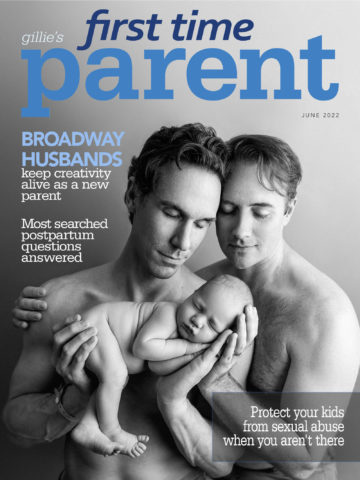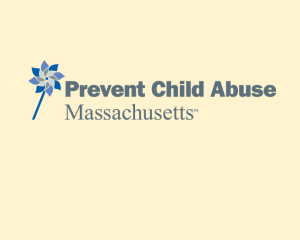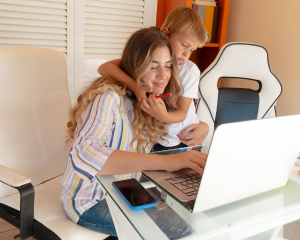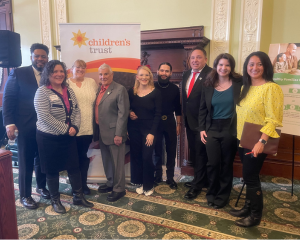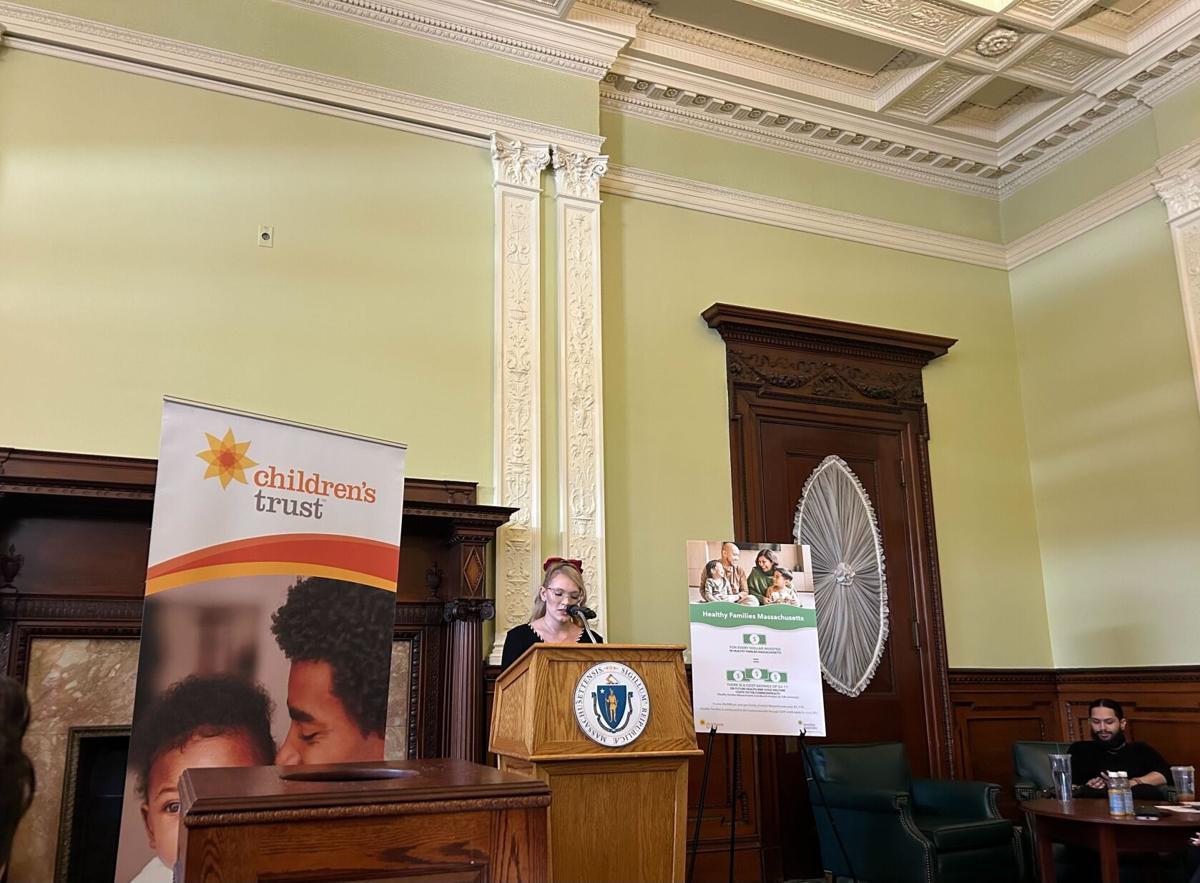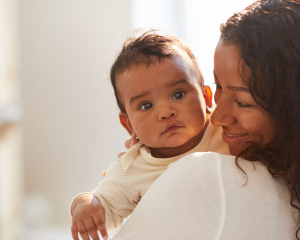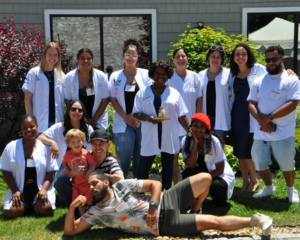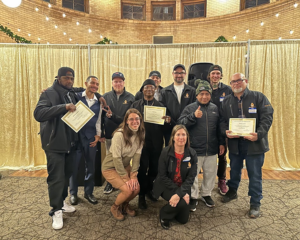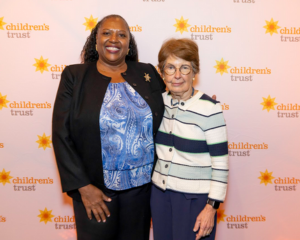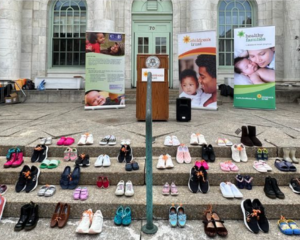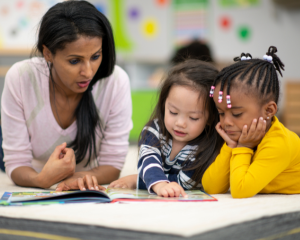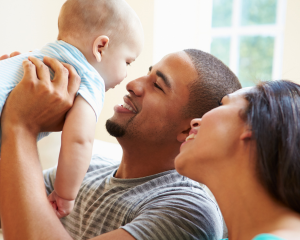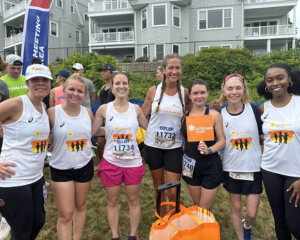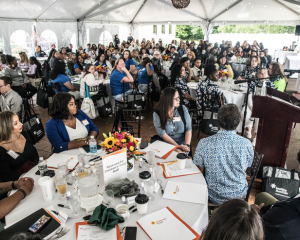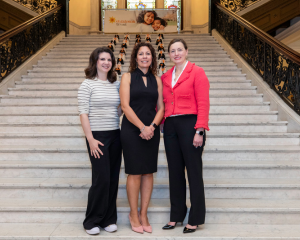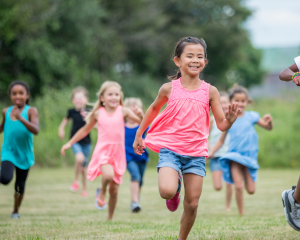Originally published in First Time Parent Magazine
By Tammy Bernardi, Children's Trust Prevention Training Coordinator
There is nothing more fulfilling than watching your child flourish in a new environment, whether it's at summer camp or their first swim meet. But with new environments come new risks and we can't always be there to protect our children. Studies by the Director of the Crimes Against Children Research Center indicate that about 1 in 5 girls and 1 in 20 boys are a victim of child sexual abuse. No one wants to think or talk about child sexual abuse, but unfortunately, it is all too real a risk that can’t be ignored.
Fortunately, it doesn't have to be this way. Child sexual abuse can be prevented, saving children and families from trauma that can last a lifetime. Child-serving organizations can and should develop policies and procedures to prevent sexual abuse, effectively screening staff and volunteers, developing a code of conduct, ensuring safe physical environments and technology, and recognizing and reporting potential incidents of abuse. No two organizations are the same so the approach will change from one group to another, but the key is for organizations to prioritize the prevention of child sexual abuse. There is even a digital tool called Safe Kids Thrive that organizations can use to create a child sexual abuse prevention plan.
So, what can you do as a parent?
When you take your kids to school or their extracurricular activities, ask the following questions to find out about the organization's child sexual abuse prevention policies and if they can't answer these questions, insist that they use a tool like Safe Kids Thrive to develop a prevention plan:
- Is the program accredited, licensed, or certified by a government or private agency?
- Does the organization conduct background checks on all staff and volunteers for criminal and sexual offense history?
- Are there published rules about staff being alone with children?
- What is the ratio of adults to children?
- Are there guidelines outlining acceptable conduct between staff and children, and between the children themselves?
- Are all staff and volunteers trained in child sexual abuse prevention, recognition, and reporting responsibilities?
- Are children always supervised?
- Who does my child go to if he or she is uncomfortable with staff?
- Are there written policies and procedures about preventing child sexual abuse in place?
- Will my child be able to communicate with me if necessary?
- Are there regulations spelled out about private times (e.g. toileting, dressing, bathing)?
- If the child will be staying overnight, what are the sleeping arrangements?
- How are staff supervised?
